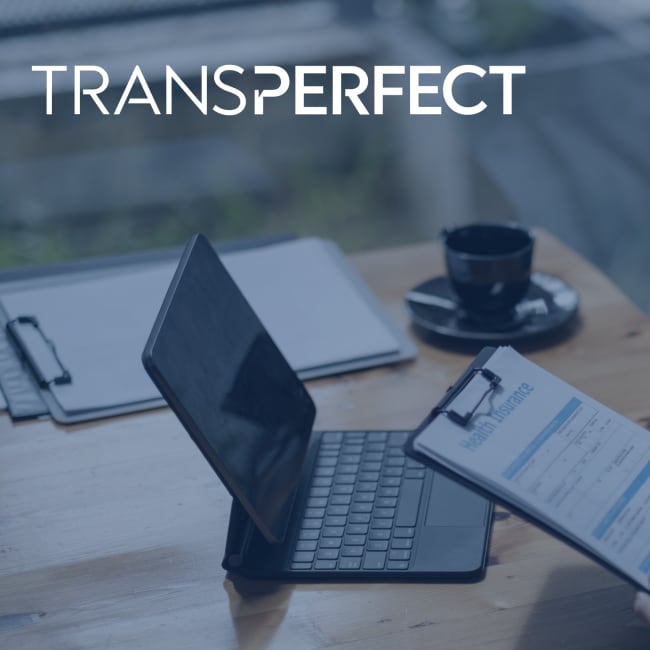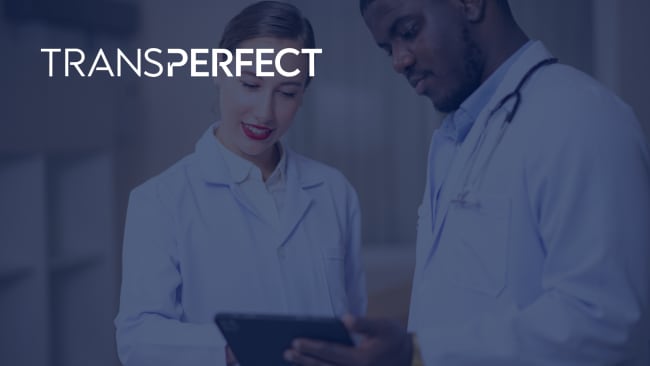Solutions for Your Everyday eCOA Implementation Challenges


Technology has officially taken the forefront of clinical trials, shaping how sponsors communicate and interact with clinicians and patients. The outcome is a growing space of eCOA (electronic clinical outcome assessments).
As the industry is saturated with options, there are some clear challenges, and with it solutions—that can help clear the way to missing roadblocks that can slow down time to market, data collection, and global launches.
Challenge: Start at the beginning – Licensing. Delays in obtaining licenses for English and local languages of copyrighted questionnaires.
Solution: Perhaps every study team’s favorite task on their long to-do list, licensing and its coordination can often lead to delays in eCOA study start-up. To obtain the English master and existing language versions of a copyrighted questionnaire, a license agreement must be executed with the copyright holder/distributor. This process can be a lengthy one, and a study team might not always allot enough time for delays in response time, contract creation, and then approvals with legal teams. This can be especially impactful if the English copy is needed to create English eCOA builds or to migrate the existing translations to eCOA. The key to success here, forward planning, is to have a resource available to coordinate or work with outside vendors to outsource the process altogether. Licensing activities might include:
- Research the questionnaire to determine if it is copyrighted and requires a license
- Contact the copyright holder/developer to determine the requirements of use and learn if there are existing translations
- Provide the necessary protocol information to the licensor for them to draft an agreement
- Coordinate legal review of the license agreement between the sponsor’s legal team and the copyright holder/developer’s legal team
This can mean a few weeks, at a minimum, for a study timeline, and if a study team isn’t equipped or ready to take this on, it can result in a huge impact for the study timelines.
Challenge: Working with a FINAL final file. Electronic material can require rounds of draft review and UAT in order to capture all sponsor and developer (if applicable) feedback—getting started without a final file can meet some short-term goals but create some long-term hurdles.
Solution: Finalizing the master English eCOA build is a key task, as it is the basis of data collection that all non-English versions mirror. This makes it a critical step in timelines because if it is still in flux while migration work commences, those changes can compound risk to all other languages—both to quality and timeline. The eCOA vendor will need to work closely with the sponsor through multiple rounds of review and UAT to ensure all design specifications are agreed upon, along the way incorporating appropriate QA gates to ensure a quality master English eCOA build.
In addition to this, a scale might require copyright holder/developer approval of the English eCOA build. Consideration around this requirement and timeline will need to be taken into account as well.
Finally, understanding an eCOA system’s mapping capabilities and ensuring all parties (eCOA vendor, sponsor, translation vendor) are aware of any system limitations, particularly those around localization and foreign language support, is important to avoiding delays.
It is a best practice for the eCOA vendor to have undergone software internationalization (i18n) consulting and adhere to those best practices. Understanding any back-end issues that arise due to the introduction of foreign languages will allow all teams to plan accordingly. It is common for an English screen to appear perfectly fine but when compared to a foreign language screen issues appear such as missing characters, line break issues, or alignment problems in right-to-left languages. With proper planning and i18n consulting, all can easily be avoided and prepared for.
Planning for all these considerations, reviews, and updates will allow the teams to work together and find solutions before there is a roadblock that puts a study timeline in jeopardy.
Challenge: Deadlines, deadlines, and deadlines. Hitting key study timelines (EC submissions, FPFV).
Solution: An eCOA study can have a lot more moving parts than its paper-only counterpart, so study planning and understanding deadlines is key. For localization work to really get underway, the two solutions outlined above should be in place. The earlier an eCOA and translation partner can be involved, the better.
They can help with the plan for key activities involving each party and suggest the right process ahead of time. Ideally, start with a preliminary call to align the study goals, challenges, solutions, and get ahead of timelines.
Some key details to relay to all partners are:
- language/country requirements
- country priority list
- the possibility of submitting draft translations for initial submissions
- partner process and responsibilities
Depending on your organization, some study teams may not be familiar with the linguistic validation and eCOA processes, which can lead to surprises around the timelines. Education is always a great way to ensure everyone is fully onboard and comfortable with project expectations.
The more confident and aware your team can be around these processes, the better prepared they will be to ensure they allow sufficient time for planning and start-up activities. This can be done in many different ways, whether having a dedicated team that handles or advises on studies with eCOA aspects (many sponsors have formed patient-centered outcomes research, or PCOR, teams for this function) or asking your translation and eCOA partners to lead online trainings and information sessions with your study teams.
Challenge: Confidence in quality. Manual and error-prone migration and screenshot capture process and ensuring quality.
Solution: The world has gone digital. With this comes new challenges to quality and timelines that we did not face in the old pen-and-paper world. From a quality perspective, eCOA migration of existing translations to devices is error-prone if done manually. It relies on a linguist retyping everything without any errors (or even intentional changes that they may try to make to improve previous translations) and then reviewing dead-text screenshots to try to catch errors made during migration. In that workflow, everything is a human/manual process, which is prone to human error. It is important to work with eCOA and translation partners that innovate and ensure there is a way to incorporate a technology and methodology with automated QC checks to minimize the risk of human error.
Timelines for eCOA studies are longer than for their pen-and-paper predecessors, partly due to additional time in screenshot generation and updates throughout the review rounds. As technology advances, stay inquisitive about options to further automate this process. Secondary to timeline reduction, you are also going to ensure that another human element of the process, screenshot capture, can be removed.
Challenge: Managing the moving parts. There are a lot of partners involved and KPIs to track.
Solution: For any eCOA study, you are going to have at least three key parties involved: sponsor, eCOA vendor, and translation vendor. There is also the potential to have any of the following additional players: copyright holder/developer, instrument developer, and CRO.
There are also more files involved—live eCOA files (XML, JSON, xliff, etc.) in both English and all local languages, master English screen report, screen reports for all local languages, any supplemental materials, such as quick reference guides, site user guides, device labels, and on and on. Further, these files are passed between parties throughout the project for review rounds of language and screenshots.
If this sounds like a lot, that’s because it is!
The workflow for an eCOA study has more steps, so it is important to explore what types of localization workflow management tools are out there so you can find one that best suits your company’s needs. With all of these interim deliverables throughout an eCOA project, it is not possible to track key performance indicators (KPIs) in the same manual way as was done years ago. A workflow management tool that can integrate with KPI tracking tools, like Tableau, is helpful.
Having these discussions with your translation and eCOA vendors will allow the study team to focus on the important aspects of their jobs, not file management and Excel tracker updates. Contact us at lingval@transperfect.com for more information on localization, linguistic validation, licensing, or any other COA/eCOA related needs.



